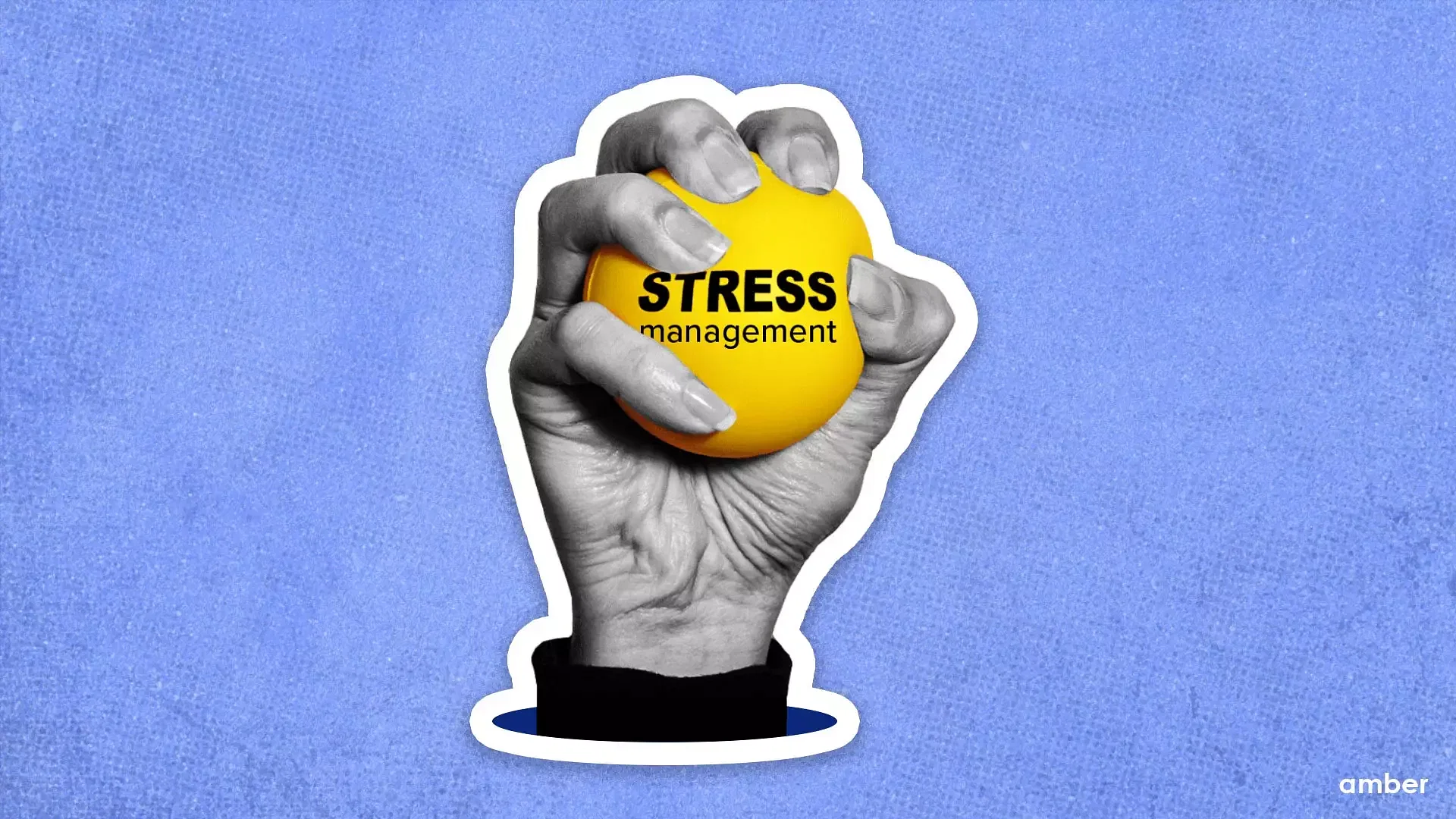The Role of Sleep in Maintaining a Healthy Lifestyle
Understand how sleep affects your overall well-being and how to improve your sleep habits.
Step 1: Recognize the Importance of Sleep
Sleep is essential for your body to repair itself and restore energy. It helps with cognitive function,
emotional regulation, and immune system support. Lack of sleep can lead to numerous health problems,
including weight gain, heart disease, and diabetes.
Pro Tip: Adults should aim for 7-9 hours of sleep per night for optimal health.
Step 2: Create a Sleep Schedule
Establishing a regular sleep schedule helps regulate your body's internal clock and improves sleep quality.
Try to go to bed and wake up at the same time every day, even on weekends.
Pro Tip: Consistency is key. Avoid napping too late in the day as it can interfere with nighttime sleep.
Step 3: Optimize Your Sleep Environment
Your bedroom should be a sanctuary for sleep. Make sure your mattress and pillows are comfortable, the room
is dark, and the temperature is cool. Reducing noise and light exposure can also help improve sleep quality.
Pro Tip: Use blackout curtains or a sleep mask to block out light, and consider white noise machines or
earplugs to reduce noise.
Step 4: Avoid Stimulants and Electronic Devices Before Bed
Avoid caffeine, nicotine, and large meals close to bedtime. These can interfere with your ability to fall
asleep. Additionally, the blue light emitted by phones, tablets, and computers can disrupt your sleep
patterns.
Pro Tip: Try to stop using electronic devices at least 30 minutes before bed to help signal to your body
that it's time to wind down.
props.adsense_in_article_ads
Step 5: Incorporate Relaxation Techniques
Relaxation techniques such as deep breathing, meditation, or progressive muscle relaxation can help reduce
stress and anxiety, promoting better sleep.
Pro Tip: Try a 5-10 minute meditation or deep breathing exercise before bed to calm your mind and prepare
for sleep.
Step 6: Be Mindful of Your Diet
What you eat can impact the quality of your sleep. Avoid heavy, rich foods before bed, as they can cause
discomfort and disrupt sleep. Foods containing tryptophan, such as turkey, dairy, and nuts, can help promote
sleep.
Pro Tip: A small snack with a balance of carbs and protein can promote sleep, but avoid sugary snacks that
spike your energy levels.
Step 7: Manage Stress and Anxiety
Stress and anxiety can prevent restful sleep. It’s essential to address these feelings during the day so
they don’t affect your sleep quality. Consider journaling, talking to a therapist, or practicing mindfulness
to manage stress.
Pro Tip: Keeping a journal to jot down your worries before bed can help clear your mind and reduce nighttime
anxiety.
Step 8: Seek Professional Help if Needed
If you continue to struggle with sleep despite making changes to your environment and routine, it may be
time to consult a healthcare provider. Sleep disorders such as insomnia or sleep apnea may require medical
intervention.
Pro Tip: Don’t hesitate to seek professional help if sleep problems persist. A sleep study or therapy might
be necessary.












